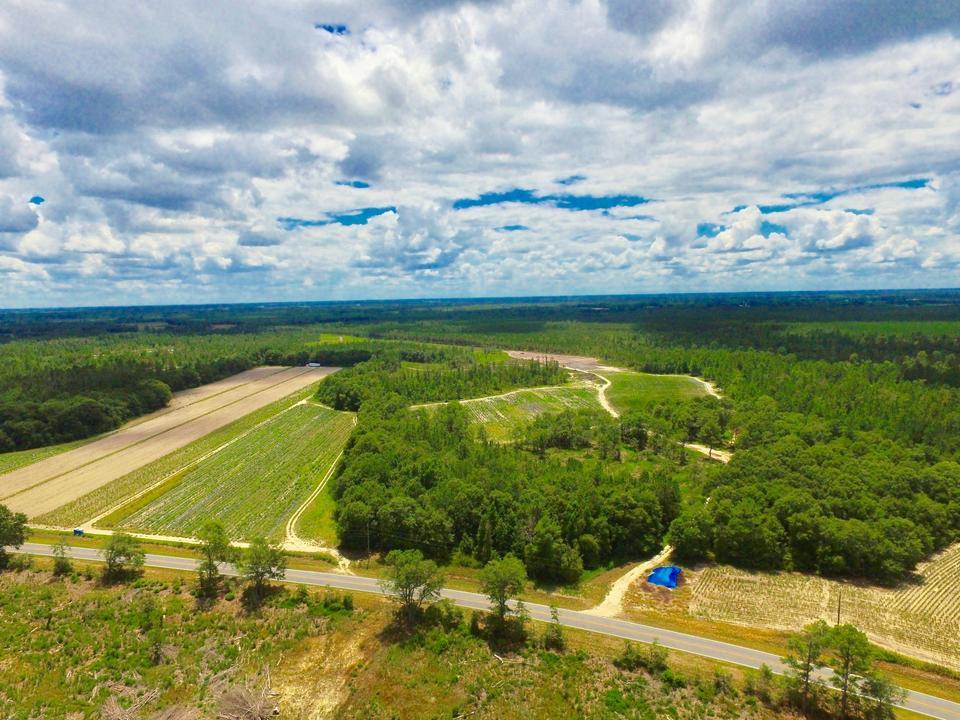Organically Permitted Farms Making Healthy Crops & Sustainability Top Priorities

We?ve all heard the urban term Microwave Society. We want things and we want them now. We go to great lengths researching and implementing new ways to do things so we can do it faster, better, more efficiently. This is not so much a modern day phenomena, however, and spills over into our industries as well. In the mid-19th century, the farming industry jumped on this bandwagon with the introduction of artificial fertilizers. Why? Because it turns out they were ?cheap, powerful, and easy to transport in bulk.? (wikipedia, Organic farming.) Not to mention they got the job done consistently. It seemed to be working well on the mass production of food. The industry rocked along until the mid-1900s when chemical pesticides were introduced. It seemed beneficial at the time. Again, they were cheap and probably saved many crops from the invasion of pests. But something was beginning to happen to the dirt, food and livestock quality. Many farmers began noticing that not just their soil conditions, but the quality of their livestock were deteriorating from the use of these chemical fertilizers. I?m sure there were many farmers, even back then, that chose to continue farming organically. I see them wagging their fingers and saying, ?I told you so?? But then begs the questions, what do we do with our poor soil conditions and our poor food supply?
With this question was born ?natural agriculture?. A method in which farmers implemented crop rotation, ways to prevent erosion, and the use of composts and manures for a natural fertilizer. (wikipedia, Organic farming.) With the increase in awareness concerning environmental and health concerns, organic farming has grown from ?supply-driven? to ?demand-driven?.
While pesticides and artificial fertilizers are still used in some farming, there are many farms who are choosing to be organically permitted farms. This simply means they have gone through the process by the state to ensure their crops are produced without pesticides and fertilized naturally among other things. One of our current listings is a 225 acre farm that has been through the rigorous testing to proclaim they are an Organic Farm!
Organic farming provides many benefits. An article by The Balance entitled Environmental Benefits of Organic Farming teaches us several of the benefits of organic farming. A few include building healthy soil, combatting erosion, and discouraging environmental exposure to harmful pesticides and chemicals. You can read the article here to learn about all the benefits included in the article. With science on our side we can still mass produce and be efficient even with organic farming. But it takes dedication to the process and a willingness to stick to the guidelines in order to maintain this status and produce healthy crops.
So we know that organic farming isn?t necessarily the easiest way to farm, but being healthy and preventative are coming back in style and these farmers understand that those two things are priority. They also understand that in order to keep their soil, crops, and livestock healthy and performing on top they need to implement the tools found in natural agriculture. So how about you, have you ever considered operating an organic farm? Now is your opportunity. This farm is up and running and waiting for a new boss to rotate it?s crops.
 Christy Lynn -
Digital Content Manager, Office Administrator
Christy Lynn -
Digital Content Manager, Office Administrator





185 Comments
Leave a Comment